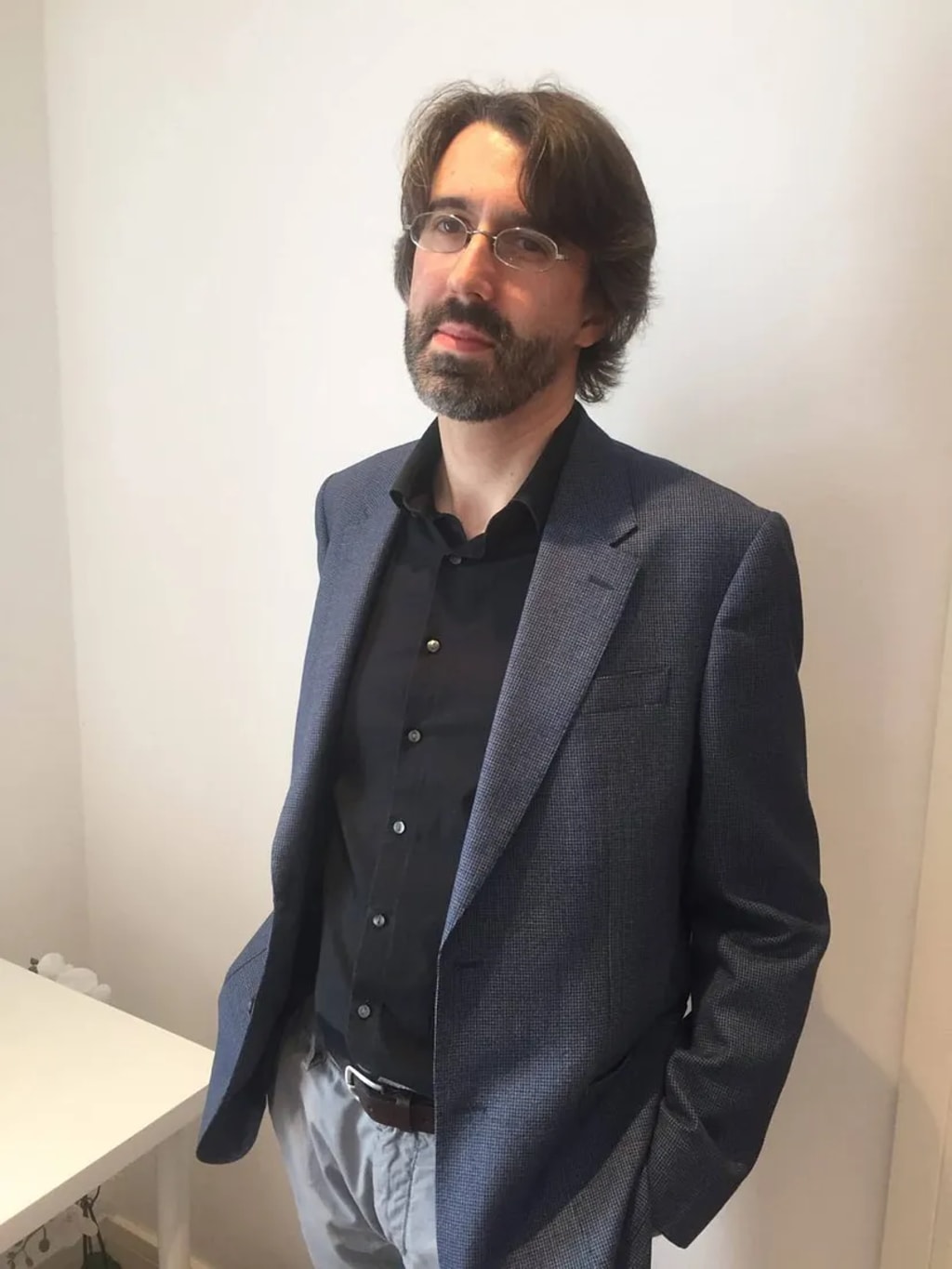This Scientist Says That Humans Can Live Up to 1,000 Years
Find Out Why This Scientist Thinks a Lifespan of 1,000 Years Will Be Possible One Day

Every life will taste death. That is what people always believed. For thousands of years. Since the time humanity existed. It is a bitter truth that all humans have to accept, whether they like it or not.
If a layman tells you an absurd thing, you will laugh at him. But if a scholar says it, you’ll be surprised, and shocked, and the absurd thing he said may become international news. That’s what happened when João Pedro de Magalhães, a Portuguese microbiologist who works as a professor of molecular at the University of Birmingham said that there will come a time when human beings will have a lifespan of 1,000 years. Shocking right?
The Centre for Health Protection, a Hong Kong-based agency under the Department of Health, said that From 67.8 years for men and 75.3 years for women in Hong Kong in 1971, life expectancies at birth have climbed to 81.3 years and 87.2 years, in 2022.
Professor João Pedro Magalhaes believes that a lifespan of 1,000 years will be possible one day because he believes that scientists will make good advancements in altering cells in the human body that are associated with aging.
Inside the cells of our body, there are little instructions called genes that tell the cells how to grow and divide. As we get older, these genes can lose their power and stop working properly, and the cells become less good at growing and dividing. This process is called senescence.
Scientists are learning how to fix these genes so that our cells can keep growing and dividing well, even as we get much older.
João Pedro Magalhaes recalls that his grandfather died of pneumonia almost 100 years ago. But when Magalhaes himself got the disease during his childhood, it took only one dose of penicillin to cure him.
His inquisitive mind asked we can’t scientists find a straightforward treatment for aging, similar to how penicillin treats pneumonia. He further adds that even though that may not be possible today, it will become possible one day.
As a child, Magalhaes was always terrified of the idea of death, and he hated the fact that his loved ones would say “tata bye-bye” to this world one day. But he did not want to be like his noob classmates who would accept their morality without fighting back and searching for the secret to immortality.
He wanted to be unique. That’s why he made it the aim of his life to find a solution to escape aging and death. Although he admits that immortality is impossible according to science, he says that prolonging aging will change the world. He doesn’t consider aging to be natural, he considers it to be a disease that needs to be cured.
Another thing that gave him so much hope that the lifespan of humans would increase till 1000 years, is that the investment in longevity biotechnology by big companies has been increasing throughout the years.
According to statistics from Allied Market Research, the global market for longevity and anti-senescence therapy was estimated to be worth $25.1 billion in 2020 and is expected to grow to $44.9 billion by 2030.
For additional information, he says that a compound called sirolimus, or rapamycin, may hold the secret to near-immortality. It has been shown to increase a mouse’s lifespan by 10 to 15 percent in laboratory experiments.
Let’s think of Rapamycin as a special kind of medicine that helps keep the cells inside our bodies, clean and healthy. Inside each cell, there’s a process called autophagy. You can imagine autophagy as the cell’s way of cleaning up after itself.
It helps the cell remove all the old, broken, or unneeded stuff — just like when you tidy up your room and throw away or recycle things you don’t need anymore.
This process helps the cell stay clean and prevents it from getting stressed, much like how you feel better and less cluttered when your room is clean. Rapamycin boosts this process of autophagy to make sure the cells can keep themselves tidy and stress-free.
Rapamycin is also used in the treatment of cancer patients because it stops the growth and multiplication of cancerous cells.
What are your thoughts on this? Do you think that the prediction of this scientist will come true one day?
About the Creator
Pritam Laskar
Storyteller
Enjoyed the story? Support the Creator.
Subscribe for free to receive all their stories in your feed. You could also pledge your support or give them a one-off tip, letting them know you appreciate their work.






Comments
There are no comments for this story
Be the first to respond and start the conversation.